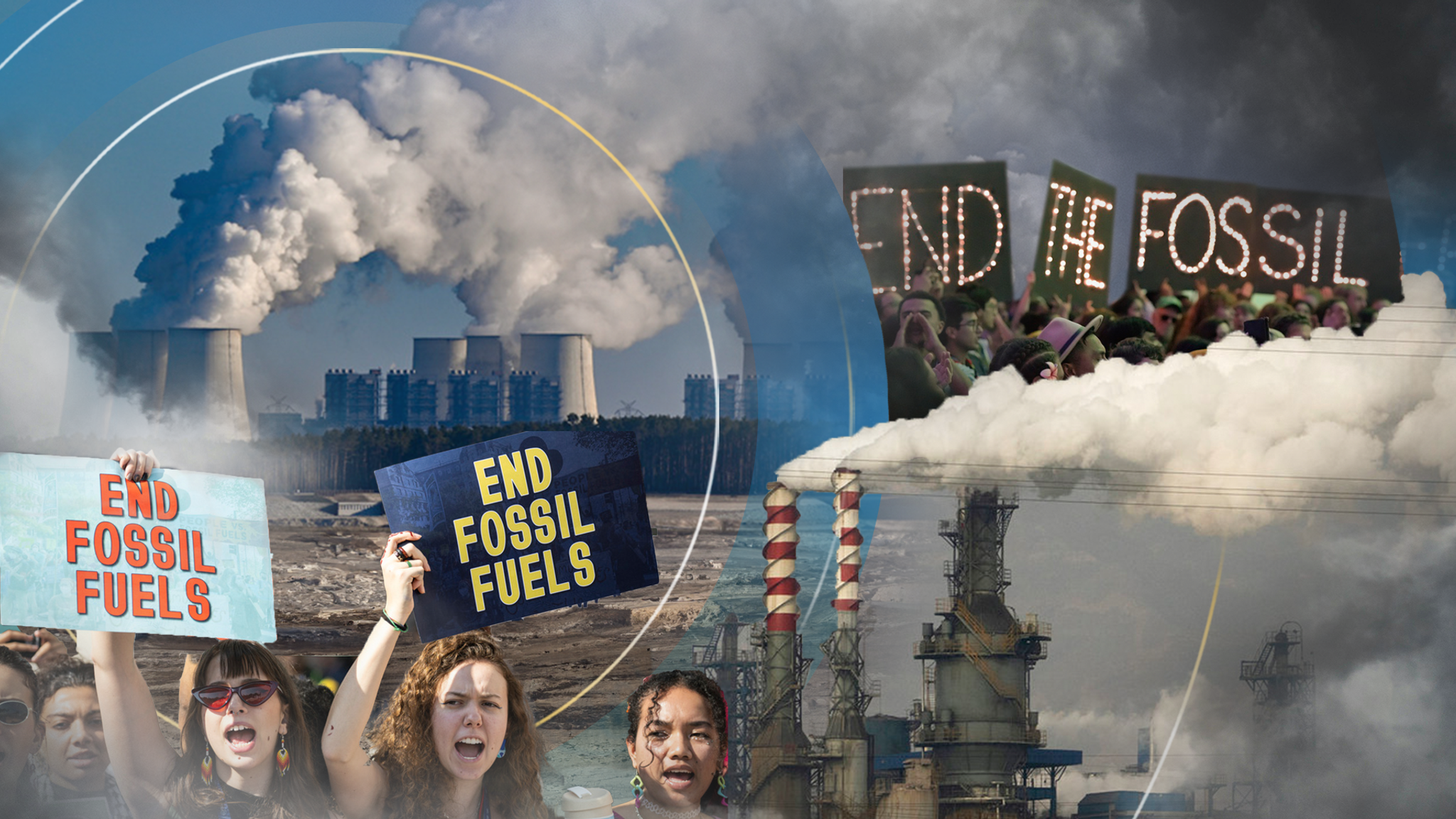
On December 13, 2023, enthusiastic reports from the COP28 climate summit in Dubai celebrated a significant global climate agreement. Following intense overnight negotiations, diplomats rejoiced as U.S. climate envoy John Kerry embraced German foreign minister Annalena Baerbock, and there were cheers for Tina Stege, a strong advocate from the Marshall Islands. More than 190 nations pledged to move away from fossil fuels, marking a historic first for such a commitment in climate discussions, even surpassing stipulations made in the Paris Agreement.
Despite this pledge, challenges remain evident as the International Energy Agency reports a marked increase in projected renewable energy, expected to rise from 4,250 GW to nearly 10,000 GW by 2030. However, despite the growth in renewables, fossil fuel use forecasts have shown no decrease. In fact, coal usage projections for 2030 have risen by 10% compared to previous estimates.
Experts attribute this continued fossil fuel dependency to an insatiable global energy demand exacerbated by factors such as increased air conditioning usage and the rise of data centers. As COP29 approaches, the next climate summit will once again test countries’ commitments to these moves away from fossil fuels amidst pressures for ambitious climate finance to support vulnerable nations.






